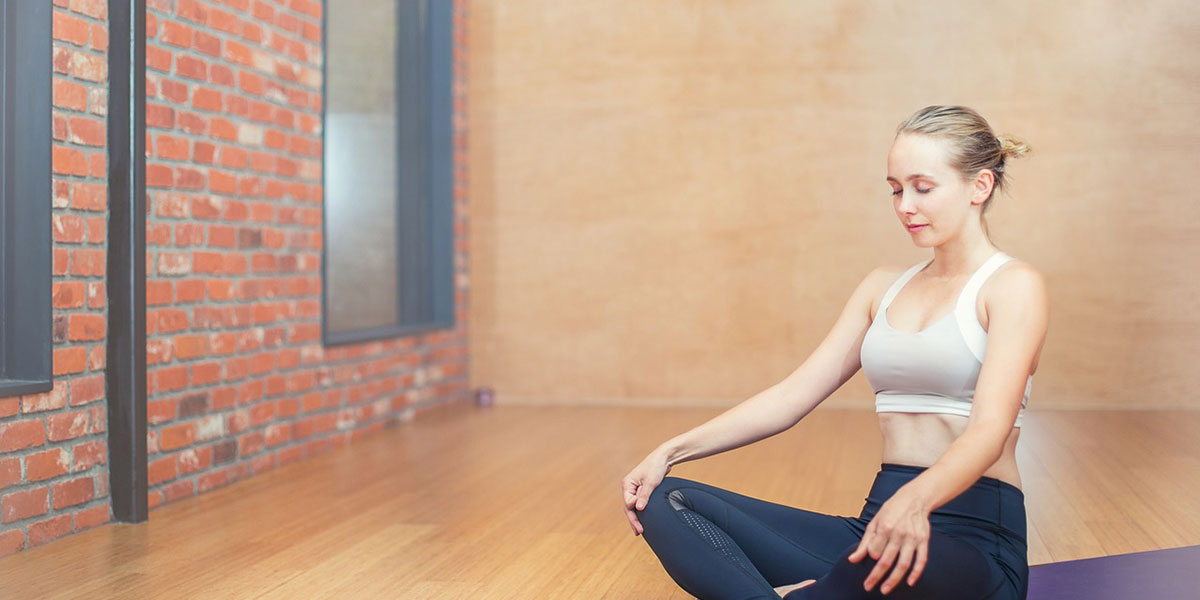Exercise and physical activity can be an essential part of addiction recovery. At Spark to Recovery, we have a specialized exercise therapist to help get your mind and body back in shape. Below are some ways physical activity helps the recovery process.
Reducing cravings: Exercise can help reduce cravings for drugs or alcohol. When we exercise, our body releases endorphins, which are natural feel-good chemicals that can help reduce stress and anxiety, which can be triggers for substance use.
Improved mental health: Exercise has been shown to improve mental health by reducing symptoms of depression, anxiety, and stress. These benefits can be particularly important for people in addiction recovery, who may be dealing with these issues.
Building self-esteem: Regular exercise can help us feel better about ourselves by improving our physical health and appearance. This can increase self-esteem and reduce the risk of relapse.
Distracting from negative thoughts: When we engage in physical activity, it can distract us from negative thoughts and feelings that might otherwise lead us to use drugs or alcohol.
Creating a healthy routine: Incorporating regular physical activity into our daily routine can help create structure and stability in our lives, which can be especially important during addiction recovery.
Reducing stress: Exercise can help reduce stress and anxiety, which can be triggers for substance use. This can help people in addiction recovery to better manage stress and avoid relapse.
Improving physical health: Exercise can improve physical health, including cardiovascular health, strength, and endurance. This can help people in addiction recovery to rebuild their physical health after the toll that substance abuse may have taken on their bodies.
Exercise and physical activity can be an important component of addiction recovery, helping to improve mental and physical health, reduce cravings and stress, and build self-esteem and a healthy routine. At Spark to Recovery, our addiction specialists develop an exercise plan that is appropriate for your needs and abilities and incorporate exercise as part of a comprehensive addiction treatment plan.
The following benefits can be achieved through various types of physical activity, including aerobic exercise, strength training, yoga, and more. Exercise benefits everyone regardless of age, gender, or fitness level, not just the addict.
- Improves cardiovascular health and reduces the risk of heart disease.
- Helps to maintain a healthy weight.
- Boosts energy levels and reduces fatigue.
- Enhances cognitive function and memory.
- Reduces the risk of chronic diseases such as diabetes, obesity, and high blood pressure.
- Improves lung capacity and function.
- Reduces the risk of certain cancers, such as colon and breast cancer.
- Enhances muscle strength and endurance.
- Improves flexibility and range of motion.
- Boosts the immune system.
- Reduces the risk of falls and injuries.
- Improves balance and coordination.
- Promotes healthy aging and helps to maintain independence.
- Reduces the risk of osteoporosis and improves bone health.
- Improves mood and reduces symptoms of anxiety and depression.
- Boosts self-esteem and confidence.
- Enhances quality of sleep.
- Reduces stress levels and promotes relaxation.
- Provides a healthy outlet for emotions.
- Promotes social connections and a sense of community.
- Enhances overall physical and mental well-being.
- Increases lifespan and reduces the risk of premature death.
- Improves digestion and gut health.
- Enhances skin health and appearance.
- Provides a sense of accomplishment and fulfillment.
We at Spark to Recovery recognize that incorporating regular physical activity into your daily routine can lead to numerous health benefits, and that even small amounts of exercise can make a significant difference.



